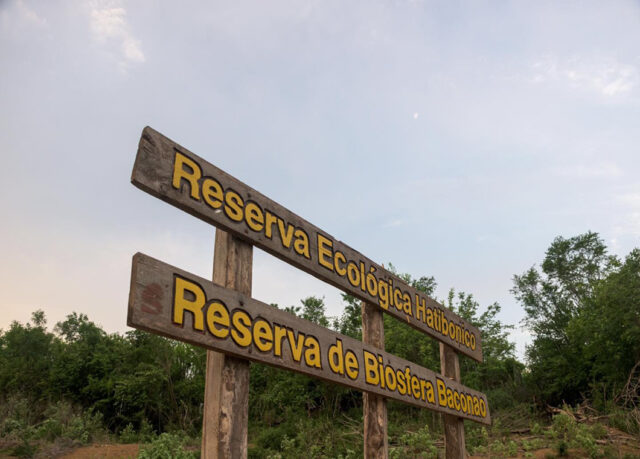Your friendly voice from the easternmost province of Cuba
 The National Partnership Program of the country, known as CPP-OP15, supports the National Program to Fight Desertification and Drought in Cuba, and promotes good practices for the sustainable management of land, water and forest in the easternmost of the Cuban provinces.
The National Partnership Program of the country, known as CPP-OP15, supports the National Program to Fight Desertification and Drought in Cuba, and promotes good practices for the sustainable management of land, water and forest in the easternmost of the Cuban provinces.
It also benefits the Hatibonico Ecological Reserve, located west of Guantanamo Bay, the first protected area in Cuba certified with the category of Initiated in Sustainable Land Management (MST), for the sustained contribution of its workers and agro-productive units to the National Program to Combat Desertification and Drought for more than 15 years.
“We started this sustainable land management work during 2019, but in some way it was already being carried out, because the reserve has a management plan, from which an operational one with five programs is derived, with actions that correspond to the MST,” said Inalvis Mané, deputy director of the reserve.
Experts maintain that applying the MST is crucial for the ecological reserve, inhabited by 80 endemic Cuban species of flora (19.27% of the species in the area), the climate is extreme with high temperatures and the soil is arid, so it is an area prone to forest fires.
“We have been working on the six plods of the reserve, it is a work of years, in addition to 1 and 3 plods, we plan to continue working with the others, successively,” Mané said.
In addition to, the reserve develops a workshop with students from the local primary school, in the Abel Santamaría Cuadrado settlement, which aims to preserve the wide range of cacti and the Monitongos, a group of unique geomorphological heights, considered one of the most relevant landscapes of the Cuban relief, with the most valuable fauna.
According to sources from the Ministry of Science, Technology and Environment in Guantanamo, this is one of the two Cuban provinces with the largest number of areas declared by MST, an initiative aligned with the State Plan to Confront Climate Change (Tarea Vida) and Food Sovereignty and Nutritional Education.